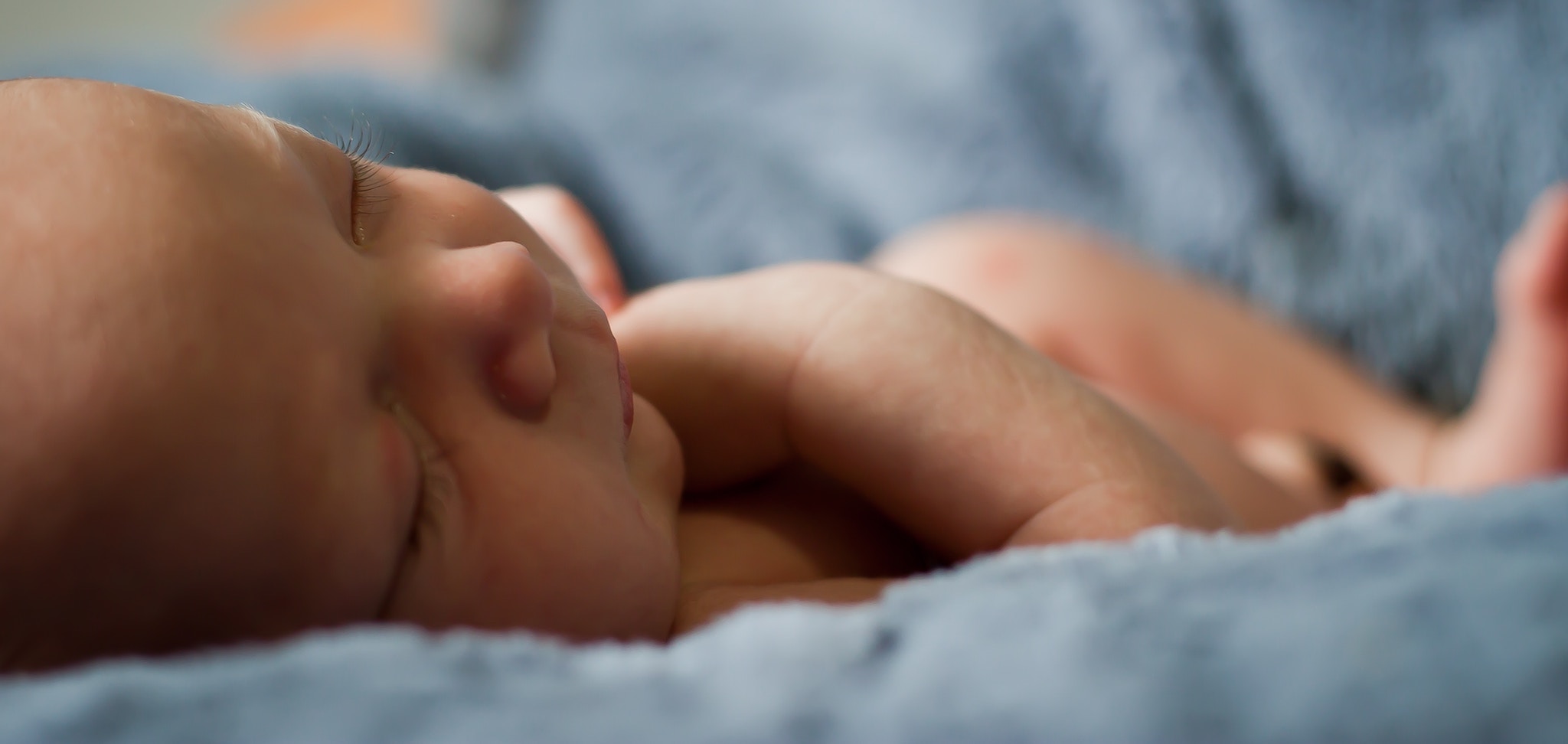Is it the Baby Blues or Postpartum Depression?
“I didn’t expect it to be like this.”
Maybe you’ve thought this to yourself, or actually said these words out loud since giving birth?
Turns out, motherhood may be more difficult than first imagined.
You often hear of the bliss associated with being a new mom. And while there are certainly moments of joy, there are also times when motherhood is tough and brutal.

Consider the new mother experience: hormonal shifts, recovery from labor, sleep deprivation, exploring your new mom role, navigating breastfeeding vs. bottle issues, meeting your newborn’s attention needs, changes in the relationship with your partner. So, with new moms facing so much, it’s clear why the adjustment takes time and patience. New motherhood is an enormous revision of your life!
The Baby Blues
A common experience for new moms is the baby blues (so common that it occurs in 85% of women), a period of 2-3 weeks post-childbirth. It includes symptoms of tearfulness, mood swings, sleep difficulties, feelings of nervousness and tension, and worry over your responsibilities of baby. You may experience one or all of these symptoms with the baby blues.
The thing to keep in mind is that the baby blues is a normal response during the postpartum period because of the major adjustment you’re going through.
If your baby blues last longer than 3 weeks, this may be a big clue that you may be experiencing postpartum depression.
Yes, there are similarities between the baby blues and postpartum depression. But, what separates the two conditions is the duration. The baby blues does not last longer than 3 weeks and symptoms are generally milder.
Postpartum Depression
The latest numbers reveal that postpartum mental illness affects as many as 1 in every 7 women.
Some symptoms to look out for are: excessive worry, extreme sadness, irritability, mood swings, feeling “off” or “not like yourself,” frequent tearfulness, difficulty sleeping, feelings of hopelessness, thoughts of harming self or others, isolation from friends and family.
Keep in mind that postpartum depression is only one type of mood issue related to the time period following childbirth. New moms experience a range of postpartum disorders, including postpartum anxiety, postpartum obsessive-compulsive disorder, postpartum psychosis, and postpartum posttraumatic stress disorder.
Reaching Out for Help
So what do you do if you notice that your baby blues aren’t going away? Or, they’re getting worse?
The first place many women go for help is their OB/GYN. Many doctors are now screening for postpartum depression symptoms during the six-week postpartum checkup. So, if you’re experiencing any or all of the symptoms mentioned above, your postpartum checkup is an opportune time to discuss what’s going on with your doctor.
Postpartum depression can actually occur at any time within the first year of childbirth. So, if your postpartum depression symptoms creep in following your postpartum checkup, you can still reach out to your OB/GYN for help.
Or, you can reach out to mental health professionals in your local area who specialize in working with women with postpartum mood disorders. Postpartum Support International is a great place to start!
There are also support groups available for new mothers, and those experiencing postpartum mood disorder symptoms. Support groups provide a safe and nurturing place to help you cope with the stress of being a new mom, heal and recover from postpartum mood disorders, and connect with other new moms. Postpartum Support International provides a list of free support groups by state.
So, whether you have postpartum adjustment challenges, the baby blues, or more severe postpartum depression symptoms, please know that you’re not alone. While you may not have expected it to be so hard, it’s okay (and very human) to acknowledge that you are having a hard time. It takes time to adjust to being a new mom – and that is very normal.
If you need support through the baby blues or postpartum depression, contact me for a confidential consultation.
Photo by Julie Johnson on Unsplash

 Hi, I’m Sarah! I work with pregnant and postpartum mothers helping them to re-establish a sense of identity as a new mom and find emotional balance. I’m also passionate about working with mothers of young children by guiding them on the path to wellness and living a meaningful life.
Hi, I’m Sarah! I work with pregnant and postpartum mothers helping them to re-establish a sense of identity as a new mom and find emotional balance. I’m also passionate about working with mothers of young children by guiding them on the path to wellness and living a meaningful life.


 Why Are We So Hard to Care For?
Why Are We So Hard to Care For?